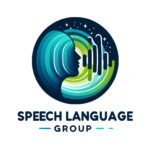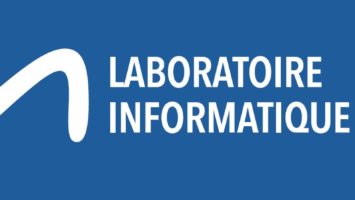PhD defense of Sahand Khodaparas Talatapeh – 15/07/2024
Title: Cache Orchestration and Optimization in IoT Networks Jury Members: Mme AnnaMaria VEGNI, Roma Tree University, Italy Rapporteur M. Antoine GALLAIS, INSA Hauts-de-France, France Rapporteur M. Jamshid BAGHERZADEH, Urmia University, Iran Examinateur Mme Leila SHARIFI, Urmia University, Iran Examinatrice M. Vahid SOLOUK, Urmia University, Iran Examinateur M. Yezekael HAYEL, Avignon University, France Examinateur M. Abderrahim BENSLIMANE, Avignon University, France Directeur de thèse M. Saleh YOUSEFI, Urmia University, Iran Co-Direteur de thèse Abstract In the rapidly evolving landscape of the Internet of Things (IoT) and the Internet of Vehicles (IoV), caching emerges as a pivotal technology to enhance network efficiency, reduce latency, and improve user experiences. These technological domains face growing demands for better data management and delivery mechanisms due to increasing data volumes and network complexity. In this thesis, we explore innovative caching strategies within the realms of the IoT and the IoV to enhance network services and user experiences. The research presented spans three distinct yet interconnected studies, each addressing critical aspects of network performance, including latency reduction, content delivery efficiency, and network coverage expansion. The first study focuses on enhancing content-centric networking caching capabilities within IoT environments. By employing hierarchical network orchestrations and a global SDN/Cache controller (GSCC), Plus d'infos





